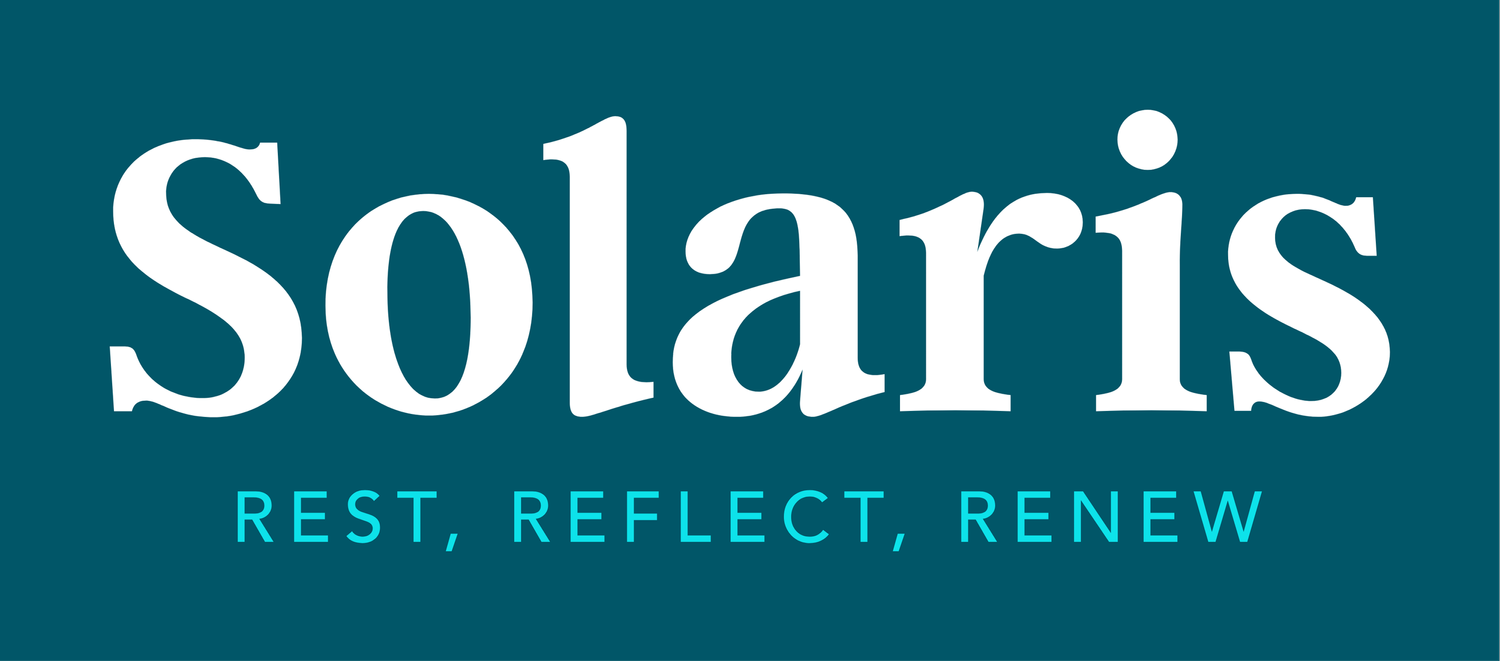The Week I Became a Professional Paperweight in Scottsdale
I showed up in Scottsdale with this vague but hopeful plan for transformation? Peace? I don't know, something good. The resort looked like it came straight out of a wellness influencer's fever dream: all terra cotta and perfectly placed cacti, with that signature hotel smell that's supposed to make you instantly zen.
None of it worked on me.
My room was the darkest cave I've ever stayed in during all my travels. While everyone else was probably soaking up that famous Arizona sunshine, I was living like a vampire in what felt like a sensory deprivation tank. And honestly? I was the main attraction in my own pathetic little show.
When Your Body Calls in Sick to Life
The pressure to actually enjoy this expensive trip was crushing. I'd go down to the hotel restaurant and see all these other guests looking so purposeful. Like they had their shit together and were here to optimize their chakras or whatever. I'd last maybe twenty minutes before bailing back to my room, leaving behind an $18 smoothie because I just couldn't handle all that collective enthusiasm.
My body, which usually runs on pure stubbornness and caffeine, was completely tapped out. Sleep felt more like my system just shutting down for emergency maintenance. I'd wake up with no idea what time it was or sometimes even what day. My brain felt like it was trying to think through cement, and the idea of going outside seemed as realistic as climbing Everest in flip-flops.
I was basically a very expensive human paperweight at this point.
Food became this weird, mechanical thing. Room service was just fuel delivery. I'd order something, eat it without tasting much, repeat. I got no joy from it, no real nourishment. Even the idea of "self-care" felt completely hollow. Like, what's the point of a jade roller when you can barely remember to drink water?
This was falling apart in slow motion in a really nice hotel.
The Guilt Trip Nobody Asked For
Of course my brain wouldn't shut up about what a waste this all was. That lovely inner critic kept reminding me how much money I was spending to lie in a dark room like some kind of wellness failure. I had a book sitting there unread. My suitcase stayed mostly packed because even unpacking felt like too much commitment to existing.
The gap between what I thought a sabbatical should look like and what was actually happening felt enormous. Where was the meditation? The journaling breakthroughs? The Instagram-worthy sunrise yoga?
But somewhere in all that emptiness, something clicked.
I was finally figuring out what rest actually was.
All this time I'd been thinking rest meant sleep, or a weekend trip, or just "not working." But real rest? The kind you need when you've been running on fumes for years? It's your body staging an intervention. It's the complete system shutdown that happens when there's literally nothing left in the tank.
My nervous system had been stuck in fight-or-flight mode for who knows how long, and it finally gave up the fight. I was finally letting myself fall apart, which apparently is a very different thing.
Tiny Wins in the Land of Giving Up
On my last day, something small shifted.
I woke up actually wanting food with flavor for the first time all week. I ordered huevos rancheros and could actually taste the different parts: the spice, the egg, the way it all came together. A tiny signal that maybe I was still in there somewhere.
Later, I cracked the curtains open just a sliver and sat in that thin slice of sunlight, watching dust particles float around. They were just existing in the light, getting moved around by invisible currents. Something about that felt weirdly comforting.
I'd put my regular life on pause and given myself permission to just be empty for a while. To stop performing, even for myself.
What the Desert Actually Gave Me
When I checked out, the front desk person asked cheerfully how my stay was.
For a second I thought about lying, saying it was "rejuvenating" or "restorative" or some other wellness buzzword people expect to hear.
Instead I said, "It was a start."
And I meant it.
The desert held space for my complete collapse without judgment. It just sat there being harsh and resilient and patient, like, "Yeah, this is how survival works sometimes. You endure the hard stuff without constantly moving."
I still had no plan or vision or clarity about the future. But I had this quiet, fragile sense that something was shifting. Something outside that dark room, and something deeper.
Maybe falling apart is sometimes the only way healing can even begin.
